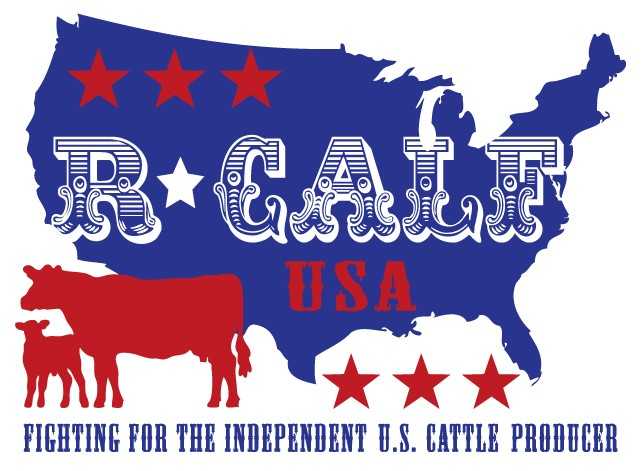![]()

Commentary by Bill Bullard, CEO, R-CALF USA
It was decades ago when our domestic lamb industry took a sharp turn toward extinction. During the 90s, the referee should have thrown the flag and declared an intentional foul. It was back then that the lamb industry experienced a steep reduction in the number of domestic sheep herders, a steep reduction in the number of sheep, and a steep reduction in the domestic production of lamb meat. And all this was happening while domestic consumption was rebounding. Why didn’t anyone cry foul?
Well, the answer should cause us to pause, if not scare us. Here’s why.
The 90s is when the U.S. jumped headlong into globalism, headlong into a baseless theoretical ideology that could be described as a novel, economic-based religion. Well, at least our national leaders embraced this baseless theory with the fervor you would expect from someone defending their religion. And like religion, this new ideology was predicated on faith.
Here’s the basis for that blind, economic faith: They believed if domestic industries, like the lamb industry, were to dismantle global borders and allow the free flow of lamb meat to and from anywhere, then the world would be the domestic lamb industry’s oyster. Suddenly, the majority of the world’s lamb-eating consumers, who of course live outside the United States, could access domestic lamb, which would cause demand for domestic lamb to skyrocket, and the domestic sheep industry would literally roll in its newfound prosperity.
Someone should make a science fiction movie using this plot because it’s mind-boggling. But mind-boggling or not, it was intriguing, and world leaders couldn’t act fast enough to implement and enforce new laws, regulations and policies to set the story in motion.
And when they did, and when our domestic industries, like our sheep industry, began to falter, no one dared question the theoretical underpinnings of their blind faith. Instead, they collectively concluded that all good things take time, and they would give globalism all the time in the world to suddenly begin producing the outcomes their belief promised.
So, year after year while those promised outcomes failed to ever materialize, and when the actual outcomes were opposite their beliefs, they did what governments do in the face of failure…They threw money at it.
So, as domestic industries shrank, and farmers, ranchers and workers either lost their businesses or their jobs, Congress offered what is called Trade Adjustment Assistance to retrain those whose businesses and jobs were destroyed by foreign trade, under the theory that they could become productive elsewhere in our economy.
And then years turned into decades with the same results: industries shrank, hundreds of thousands of farmers and ranchers ceased producing food, and untold numbers of workers lost their jobs.
And even in the face of empirical evidence that their globalism theory was an abject failure, both national and world leaders were loath to admit how stupid they were.
And so it is that many of our manufacturing industries, and many of our food-producing industries, like the sheep industry, and many of our nation’s good-paying jobs continue their death spiral. And even today, our leaders resist changing course.
Our domestic sheep industry is a case in point. Nearly every sheep-producing country in the world, with the possible exception of the United Kingdom, can produce lamb cheaper than we can here in the United States. Reasons for this include government subsidies, lower production and safety standards, lesser environmental costs, lower wages, lower taxes, and weaker currencies.
And this is how countries like Australia and New Zealand have eaten our domestic sheep industry’s lunch. The U.S. is being inundated with lower-cost lamb that has now captured the lion’s share of the U.S. lamb market, causing the ongoing destruction of our domestic sheep industry.
And did I mention that our government leaders are loath to take action to correct this unconscionable outcome?
It’s now been over a year since American lamb producers made a formal request to the Office of the United States Trade Representative asking for help to initiate an investigation to determine if the imported lamb inundating the U.S. is a substantial cause of serious injury to our domestic lamb producers.
And now it’s been over a year that this basic request by American lamb producers has been ignored. We’ve heard not a peep as to whether the USTR has any concerns at all regarding the demise of our U.S. sheep industry.
So, what are America’s lamb producers to do when their voices are being ignored? Looks like we’ll have to ask louder. And so we will, beginning with a request letter to discern whether there will ever be an investigation.
If you feel so inclined, you can call your members of Congress to tell them to enact tariffs to preserve our American lamb industry.
